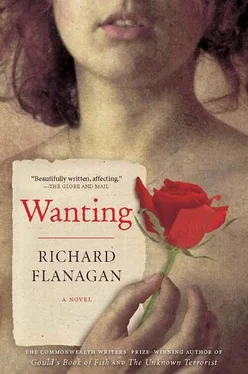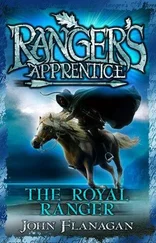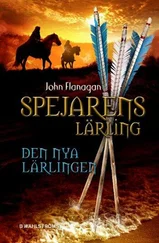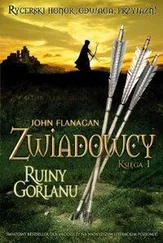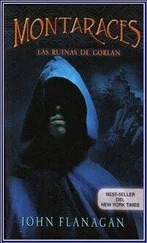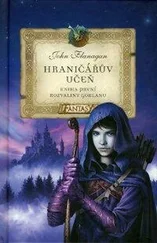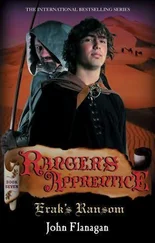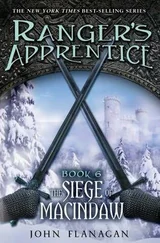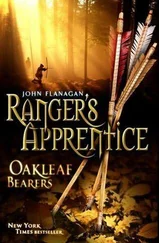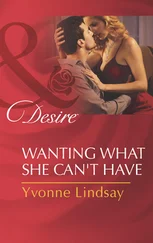‘You look an utter fool,’ said Lady Jane.
Both the Terror and Erebus were spectacularly decorated for the occasion. Seven hundred looking glasses, destined for use in exchange with any natives the explorers might meet in the south polar regions, were hung off the ships’ sides so that the Chinese lanterns with which the deck and masts were lit reflected back and forth across the harbour.
Everyone was excited, everyone was saying the same thing over and over about what a ball it would be, and Mathinna, resplendent in her favourite red dress and a wallaby mask, made her way hand in hand with Sir John, who was sombrely attired in his naval uniform. His only concession now to the evening’s theme was a small black swan mask, which Mathinna, to his annoyance, had tried to pull off and throw into the harbour.
They walked up the gangplank and on to the Erebus ’s upper deck, which for that night was to be the ballroom, past the bush flowers and manfern fronds and the awkward lackeys in livery fitting too tight or too loose, the flunkeys who wanted whatever it was that Mathinna already had—a way of being at the centre of things. She did not know this, but she could feel it in the way all these men and women in their strange animal costumes—platypuses, griffins, centaurs, unicorns and wombats—leant down and tried to catch her attention, how they wanted her to acknowledge them, to say something, but she just smiled; smiling was what worked, smiling kept Sir John and Ma’am happy, smiling kept something between you and them. From the corner of her eye she could see others adjusting themselves, with a rustle here and a sigh there, in front of a large mirror at the landing that led up to the foredeck. Around her floated compliments, bitter asides, meaningless words.
‘Our princess of the wilds!’ sighed a wolf.
All week she had practised the quadrille.
‘The sweetest savage!’ said a bear.
Mathinna skipped her left foot back and out and in and lifted her right hand to present it to her partner, one-two-three-four, concentrating on remembering what the beginning of the dance required, five-six-seven, while continuing to walk on, smiling here, smiling there.
‘What became of their beautiful villages, I can’t say,’ a tiger was saying. ‘The cause of enlightenment swept them away too, I suppose.’
She understood nothing of what was being said above her, except that while her blackness marked her out as exceptional, it also made her in some way not just bad, but wrong. And that made no sense, because she could remember all the steps.
‘We didn’t come here for society and civilisation. We came here for what everyone who isn’t a convict comes here for: money.’
The military band struck up, and the extraordinary event strangely reminded Mathinna of the campfire evenings at Wybalenna, and the excitement and wonder she now felt in her stomach seemed oddly familiar and welcome.
‘I felt—for a long time, too—I felt that a good intention would always lead to a good act, and that the truth will take all before it. Well, I don’t have to tell you such feelings don’t last long in Van Diemen’s Land.’
Though Mathinna understood almost nothing of it, she let it all flow in, all the smells and sights and voices, all the music, while trying to remember how to count beats and how many bars it was before you span back around. But she refused all invitations to dance. She told those who asked that she was waiting for the quadrille. That was the dance she had practised, that she loved—the others she knew a little, but not enough to take to the floor, where she was frightened she would look clumsy and foolish.
They danced a cotillion, then a waltz was called for, then a scotch reel. They jigged and skipped, and some but not many danced in the more modern, stately fashion, but still Mathinna refused all entreaties to step up onto that part of the deck designated as a dance floor and instead leant into the main mast, watching, feeling it all build within her, listening to the music, the snatches of conversation, her right foot turning this way and that in a coiled ropes’ bight.
‘Are we no longer Your Excellency but Zeus himself?’ Mrs Lord’s young daughter rather boldly asked when Sir John danced with her, and he jovially shook his swan mask, chins below his beak rippling out in laughter.
As the evening wore on, the dancing grew more animated and excited. Occasionally a voice from beyond drifted through the military band’s ever more determined efforts, the increasingly frenzied sound of so many bodies moving, shoes sweeping. Mathinna was filling with the music, sensing at first the intense desire for communion carried in all the bodies on the dance floor, then only aware of her own body—its memory, its desire—filling to overflowing.
Finally, the bandmaster called the quadrille.
When Mathinna accepted Sir John’s hand and went onto the dance floor with the three other couples, there was polite applause. She felt hot, her breathing was short, but the moment the music started she felt in the centre of the world. She was vaguely aware of expressions of surprise at her accomplishment at the dance, and her steps grew more assured. After the lead couple—Mrs Lord and Captain Crozier—performed the next set of steps, Mathinna and Sir John and the other two couples repeated them. As the intensity built, Mathinna began to introduce slight variations in her footwork, which became faster, more daring.
Mrs Lord, proud of her own abilities, ceased with the simple steps she had been leading with, and led with a complicated sequence involving some rapid step-work. Captain Crozier looked shocked and, though a fair dancer, only just managed to stay with his partner. But the Aboriginal girl repeated Mrs Lord’s steps perfectly, and then, to growing applause, went on to mesmerise everyone with variations on her footwork and body turns, and even Mrs Lord halted for a moment to laugh and clap.
Mathinna was now so excited and so free it was as if she were tumbling through clouds. It was as though she was approaching some truth of herself, and people were applauding her for it. Someone was saying that there were fewer than seventy of the original race left at Mr Robinson’s settlement, but the boat was rising up through her, she could feel the wind lifting and dropping her. Her movements were no longer steps or skips or slides but something magical that had taken hold of her body.
In the midst of the dance’s lively finale, Mathinna realised she was no longer holding Sir John’s hands nor in step with anyone else, as she had so patiently practised, but was moving to something more fundamental and deep-rooted than a dance invented fifteen years before in Paris.
Her cheeks were fired, her body liberated, her mind had never felt so free of what she now knew was a strange fog that had lain upon it for as long as she could remember. And yet she did not sense the strange rupture she was making in the evening. Her eyes had never felt so sharp, so able to see and know everything—but she failed to notice the gasps, the shaking of heads, the angry and dark looks as on and on she span and now jumped, as she felt not the wax with which the oak deck had been prepared but the earth of Van Diemen’s Land, as with two deft movements she kicked off her shoes and became a kangaroo absolutely still, except for its head, click-clicking around, then a stamp, two leaps, and she was flying.
Everyone had stopped dancing and all were staring. What on earth was the child doing? Who was this savage? Why was she still allowed to be on the dance floor?
The band stopped playing.
Lady Jane remembered once saying the child’s body thought. But, she now wondered, looking on in shock as Mathinna danced some unknown barbarous rite, what on earth was it thinking now?
Читать дальше
